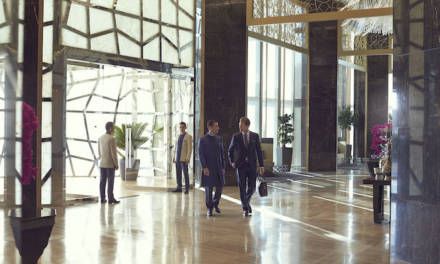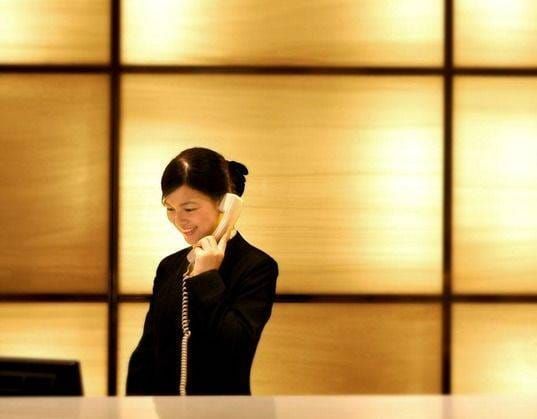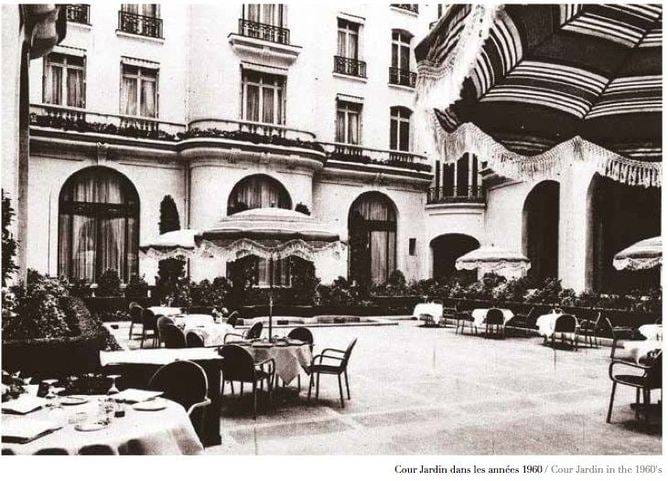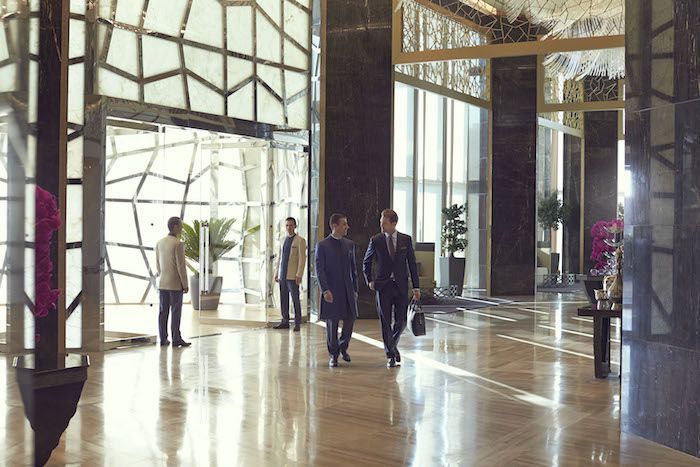How to transform staff personnel into brand ambassadors?
The first challenge is to transform staff personnel into brand ambassadors in order to develop a reliable community of loyal followers. An ambassador is effectively someone who is engaged, influential, and passionate about the brand. In other words, he or she promotes the brand on his/her own initiative or as a way of giving back. The latter category includes brand employees and, more specifically, the individuals who are put in direct contact with the clientele: the hotel staff.
Hotel staff teams hold an important role in the image of the hotel brand because they serve as its glass window display. This status is even more decisive for the value of the brand since it directly involves a service activity—and therefore the actual experience of such a service-based industry as luxury hotels.
Let’s attempt to identify the structure that encourages the formation of a community of loyal followers.
A brand’s method of communication can be divided along the two following axes:
• External communication via media channels (billboards, television, press, internet) to reach current and prospective clients.
• Internal communication via training; internal communication support via intranet, email, and among employees.
In this two-pronged communication strategy, the franchise occupies a complex position. It is considered a representative of the brand, but it is not the intended target of the principal internal communication. This complicates the reception and interpretation of the information. This is why network leaders often come in at this stage to play an intermediary role between the franchise and its constituents in order to secure the brand image and the transmission of expertise across the collection of brands within the group.
To assure the promise of excellence and personalized service, a 4* or 5* franchised hotel needs a useful support system that integrates the codes of the luxury hotel. It must rely on a network leader who remains dedicated solely to the group brands positioned under the luxury label. The target result: support from a group that is coherent with the represented brand image and therefore more efficient.
In order to create a strong and well-known brand, it must be liked, admired, and understood, but it must also create a connection between the people supporting it. The principal challenge of the franchise network in the luxury hotel industry is thus the relationship maintained with the brand proprietor, which must be rigorous and unifying so that a community of brand ambassadors can form in solidarity among the representatives.
According to Michaela Merk, author of the book Luxury Sales Force Management, persons in managerial functions often have a tendency to underestimate the influence of ‘shopkeepers’ on a brand (she is primarily interested in stores, hence the term ‘shopkeepers,’ but a hotel could be thought of as a store in which the ‘shopkeepers’ are the ensemble of the personnel). She notices the following tendency: managers consider the marketing team as cultivating the image, since the ‘shopkeepers’ largely receive the result of the media strategy.
It’s true that a client’s visit to a store/hotel is the result of a successful publicity campaign and an effective management of the brand image. But once inside the hotel, the client is placed in the hands of the personnel, who become the human incarnation of the brand. This is where the role of the ambassador becomes a determining force for the brand.
Today, clients are growing increasingly demanding towards the new luxury experience, in which the hotel sector occupies a part. They expect recognition, careful attention, and immediate assistance. Hence Michaela Merk’s strategy to place ‘field-workers’ at the top of priorities for management. The smallest confrontation with a client, after all, can generate heavy repercussions.
In his book Luxury Management and Marketing, Michel Chevalier says: “what makes the difference between one hotel and another is the quality of the execution of daily tasks, as well as the stability and lasting quality of excellence.” Each member of personnel of a hotel must have a knowledge and deep mastery of the brand he represents and of the missions that he must accomplish in order to offer a service that remains consistent, coordinated, and genuine.
From the luggage porter to the receptionist all the way to the maid, each member of a high-end hotel has a point of interaction with the client. A preparation adapted to each service in a hotel is therefore essential.
The objective, therefore, is to generate a positive effect that is twofold:
• Interaction with the employees of the brand
• Inspiring a feeling of being part of the group
Two channels could be put in place to encourage the integration of franchised personnel within the brand:
• The creation of an internal social network: this would integrate the ensemble of personnel working for the same hotel chain across the world. This would present itself in the form of a site with a Linkedin-style format in which each member would have their own page with ratings from managers, achieved objectives, and validated training certifications. This directory would serve as a quality-controlled database for recruiters of the chain.
• The direct transmission of expertise: a variation of a mentorship system for franchised personnel, through a counterpart working in a nearby hotel in the same family.
This article was edited by Judith Tricon Russo, whom I recently met as part of her work on her dissertation on “Networks of Franchises in the Luxury Hotel Trade.” I thought it might be worthwhile for her to present you with some of her reflections on the subject.
Laurent Delporte, an editor and conference speaker, is a strategic expert in the sector of hotels. A visionary, he brings his unique look on hotels in service to the decision-makers in the industry, whether to enhance the development of new projects or strategic visions.
Laurent has visited and audited over 350 hotels across the world and also participates in mystery visits to provide quality control for the world’s finest hotels.


 HOME
HOME












